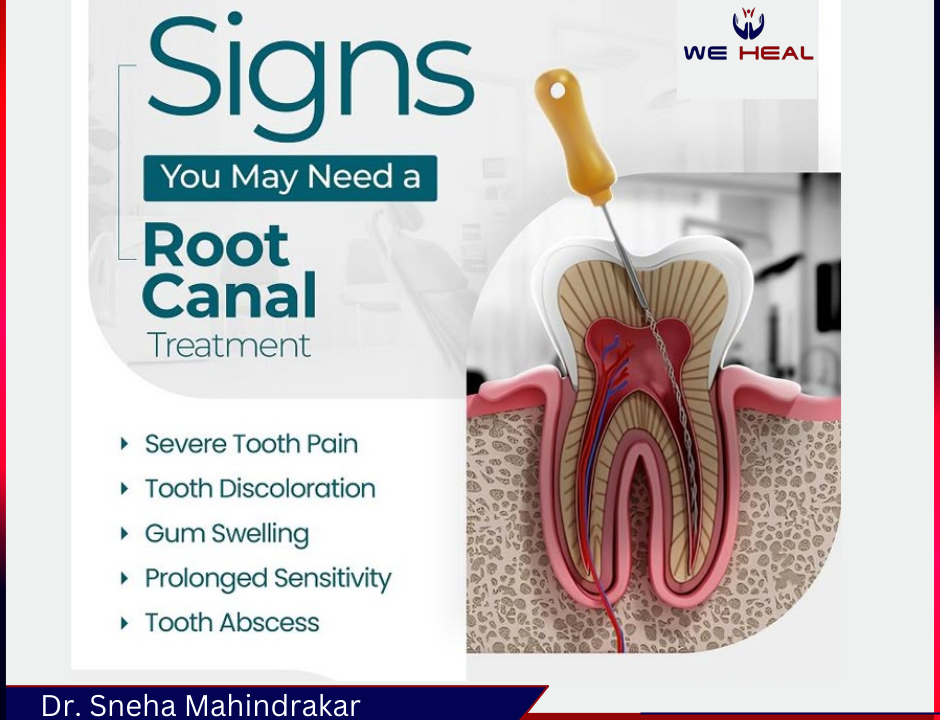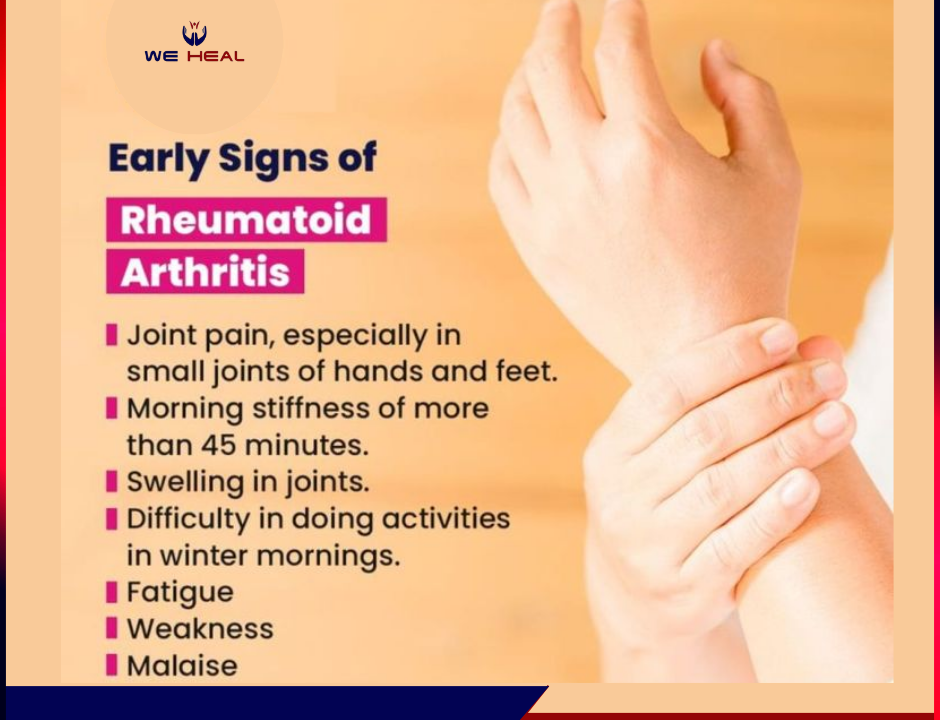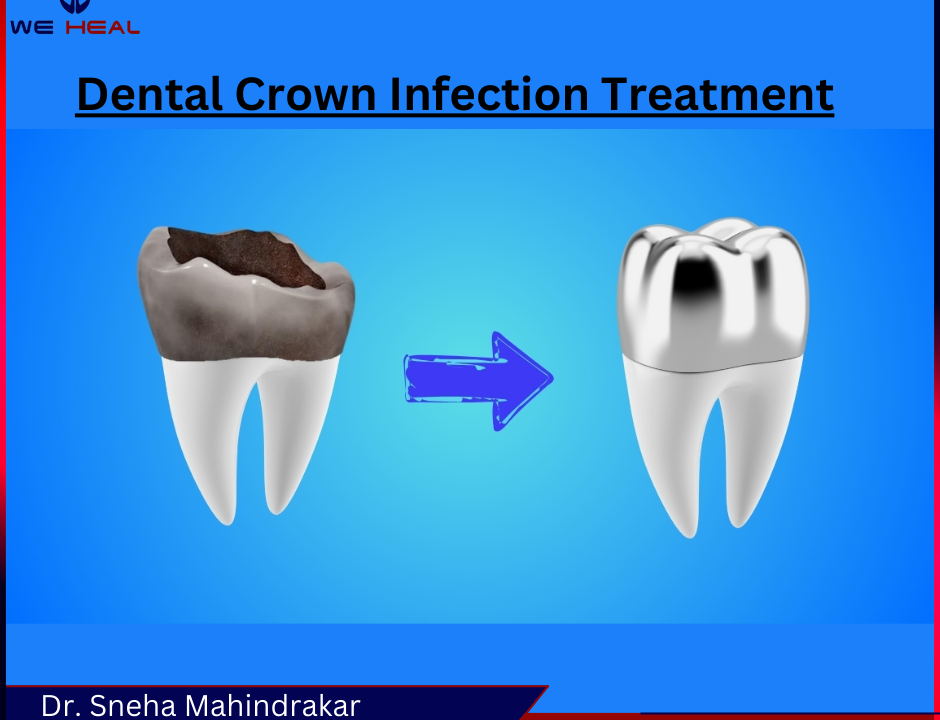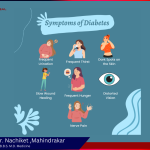
7 Early Signs of Diabetes You Shouldn’t Ignore
November 11, 2024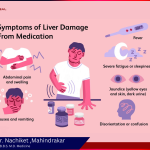
Liver Failure: Causes, Symptoms, Treatment | Dr. Nachiket Mahindrakar
November 25, 2024Ever hesitated to speak up in a meeting or avoid close conversations because you’re concerned about your breath? If bad breath or halitosis is affecting your confidence and social life, you’re not alone. Many people struggle with persistent bad breath, which can greatly impact their daily interactions. But there’s good news! This blog will guide you through understanding the root causes of bad breath and, most importantly, how to achieve a fresh, healthy mouth.
What Causes Bad Breath?
Bad breath isn’t an unsolvable mystery; it’s often a clear signal that something is amiss in your oral hygiene. The primary culprit? Bacteria. Your mouth hosts a multitude of bacteria, some beneficial and others less so. When these harmful bacteria break down food particles, especially those rich in protein, they release volatile sulfur compounds (VSCs), which are responsible for that unpleasant odor. Let’s explore some of the common causes of bad breath:
- Poor Oral Hygiene: Skipping your brushing and flossing routine allows food particles and plaque to accumulate, creating an ideal environment for bacteria to thrive and produce VSCs.
- Dry Mouth: Saliva plays a vital role in washing away food particles and neutralizing odors. Dehydration, certain medications, and even mouth breathing can lead to a dry mouth, contributing to halitosis.
- Diet: Foods like garlic, onions, and spicy dishes can exacerbate bad breath by introducing compounds that are released through the lungs when you breathe.
- Smoking and Tobacco Use: Smoking not only stains your teeth but also dries out your mouth and irritates your gums, fostering an environment where odor-causing bacteria can thrive.
- Medical Conditions: Health issues like diabetes, sinus infections, acid reflux, and even liver or kidney problems can also contribute to halitosis.
Strategies for Fresh Breath
Vanquishing bad breath starts with addressing the bacteria responsible for it. These bacteria feed on food particles and dead cells in your mouth, producing foul-smelling gases as waste. Here’s how to combat them:
- Brush and Floss Regularly: This is your first line of defense. Brushing twice a day for two minutes with fluoride toothpaste removes food debris and plaque, the sticky film where bacteria love to gather. Flossing daily reaches areas between your teeth that brushing can’t, ensuring no food particles are left behind.
- Clean Your Tongue: Your tongue is a haven for bacteria. Gently brush it with your toothbrush or use a tongue scraper to remove the odor-causing bacteria that can contribute to halitosis.
Stay Hydrated
A dry mouth is a breeding ground for halitosis bacteria. Saliva acts as your body’s natural mouthwash, clearing away food particles and neutralizing bacteria. Drink plenty of water throughout the day, especially after meals, to keep your mouth moist and your breath fresh.
Kick the Habit
Smoking is a double threat to fresh breath. It not only dries out your mouth, reducing saliva production, but it also irritates your gums, making it easier for bacteria to thrive. Quitting smoking will improve both your breath and your overall health.
Bad breath isn’t just unpleasant; it can also indicate underlying oral health issues. By following these tips, you can freshen your breath and improve your overall oral hygiene. If your halitosis persists, don’t hesitate to consult your dentist to rule out any potential medical causes. Fresh breath is a sign of a healthy mouth, so take charge of your oral care and confidently share your smile!


